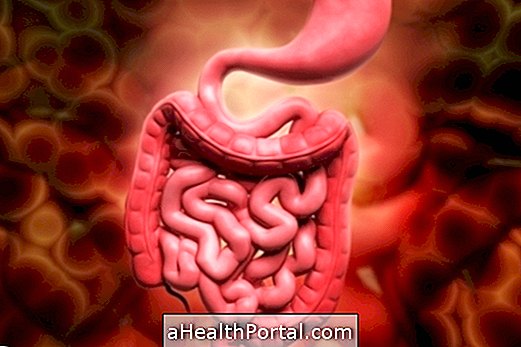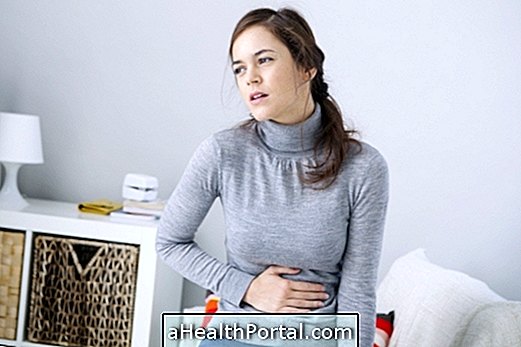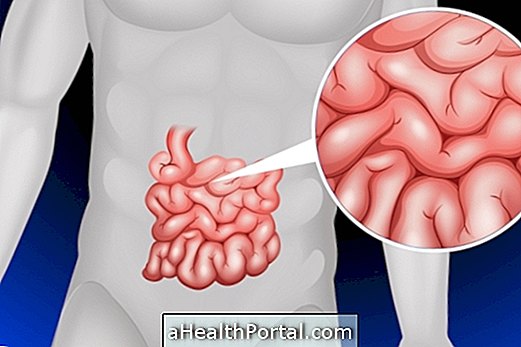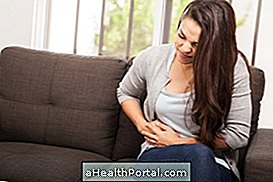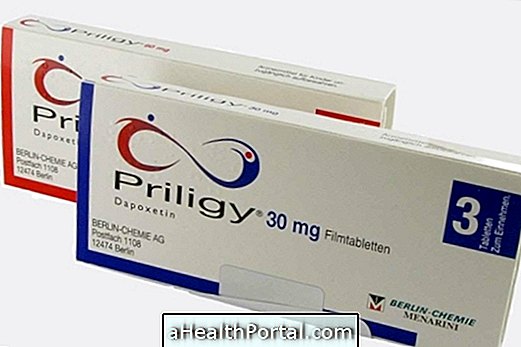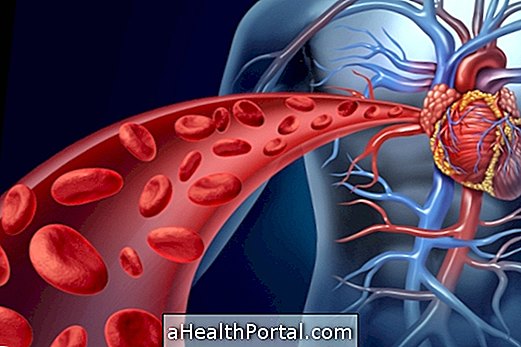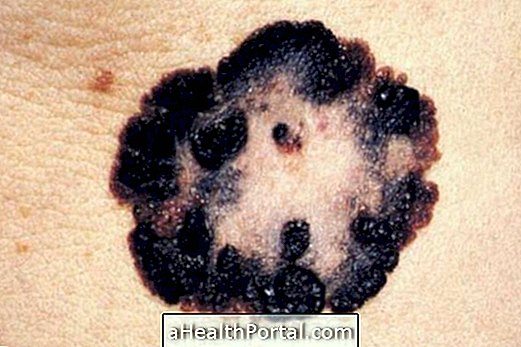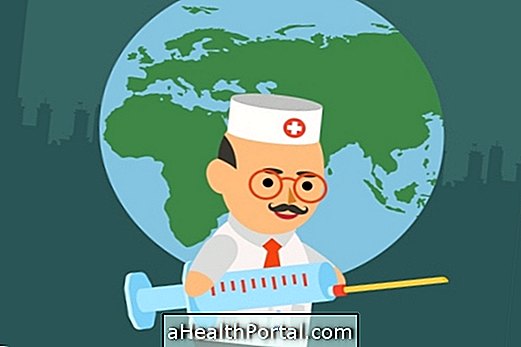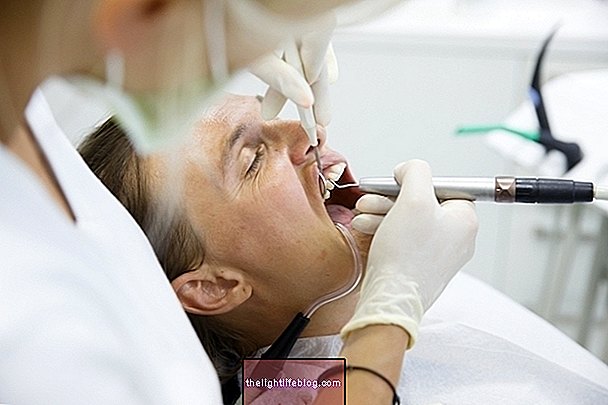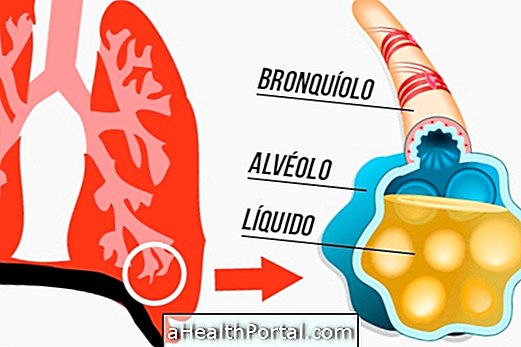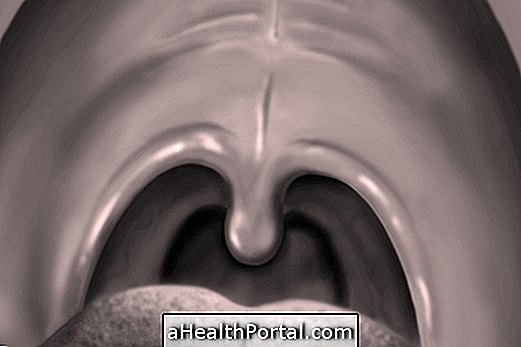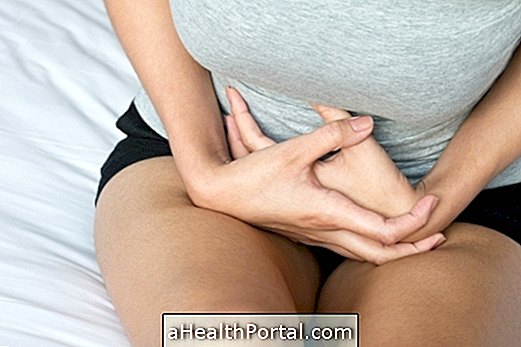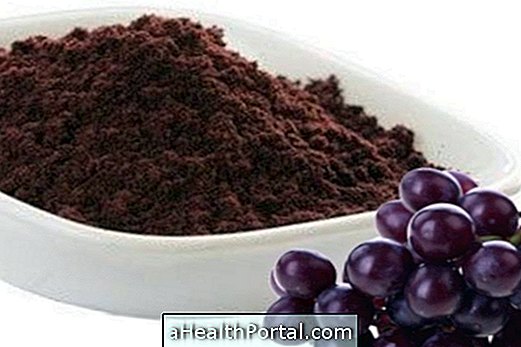Intestinal polyps must be removed to prevent them from turning into cancer, so it is very common for the doctor to remove it even during colonoscopy with a small loop that is attached to the colonoscopy apparatus and which cuts the polyp through the base. However, when the polyp is very large, it may be necessary to undergo minor surgery to facilitate access to the polyp and remove all of the affected tissue.
After removing the polyps, the doctor usually sends them to a laboratory to be examined under a microscope to identify if there are cancer cells that may indicate a risk of developing colon cancer. If changes in polyp tissue are identified, the doctor may schedule frequent colonoscopies every 2 years, for example, to watch for new changes that may indicate the development of cancer.
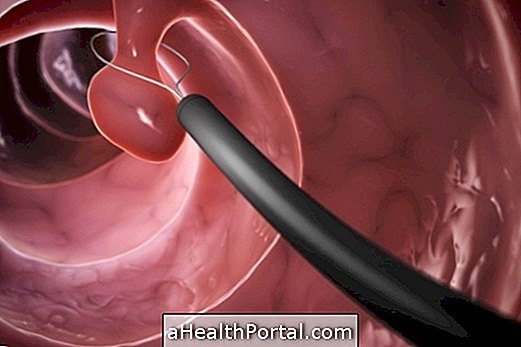
How to prepare for colonoscopy to remove intestinal polyps
In the preparation of the colonoscopy it is generally necessary to take laxatives 24 hours prior to the examination to clear the bowel, eliminating all feces and making a liquid diet, ingesting water and soups. Here's how to follow How to prepare for colonoscopy.
In addition, in the 3 days prior to colonoscopy the patient should not take anti-inflammatory medications, aspirin and anticoagulants because they increase the risk of bleeding.
See all care during preparation in: How to prepare for colonoscopy.
What are the precautions after removing intestinal polyps
After the removal of intestinal polyps, it is normal for small amounts of blood to appear in the stool, but it is important to check for excessive bleeding during the first 5 days. help. It is also important to avoid the use of anti-inflammatory drugs for 7 days, such as Clopidogrel or Ibuprofen, as they may increase the risk of intestinal bleeding.
In addition, it is common for the bowel walls to become more sensitive after removal of the polyps and therefore a lighter, grilled and cooked food should be eaten for the first 2 days. Most patients may return to their usual diet after the examination, but if there are complications, the doctor's dietary guidelines should be followed.
Because colonoscopy is done with sedation or anesthesia, it is also advised that after the examination, the patient should be taken home by a relative, since one should not drive within the first 12 hours.
Complications after removal of intestinal polyps
In the first 2 days after polypectomy there may be a slight bleeding, which can be easily noticed in the stool. Rarely this bleeding can occur up to 10 days after the procedure, but this is not a serious situation.
However, if the patient experiences severe abdominal pain, fever and the abdomen becomes swollen, it is recommended to inform the doctor because a perforation of the intestinal wall may have occurred and another surgery may be necessary.
See when to return to colonoscopy:
- Colonoscopy
- What Type of Intestinal Polyposis Can Be Cancer?


